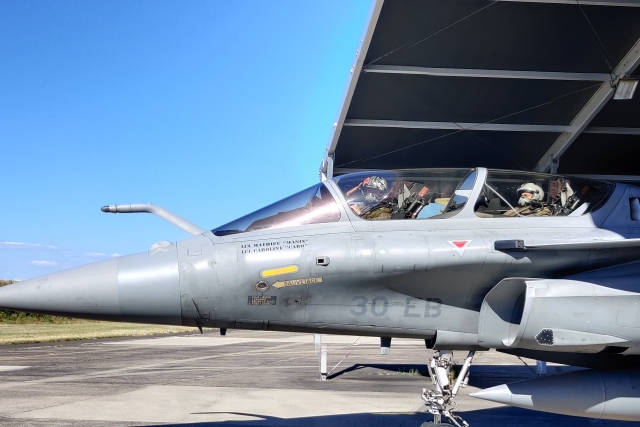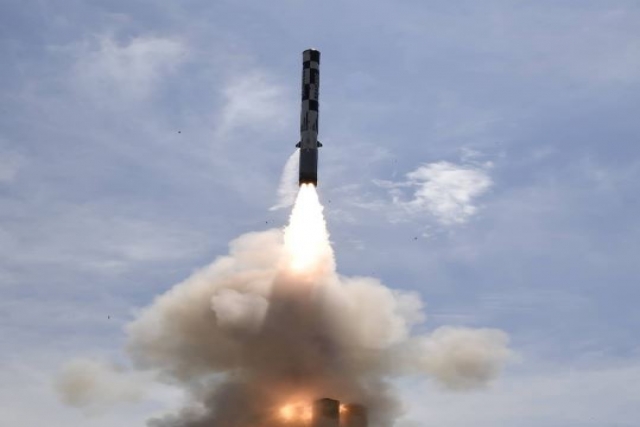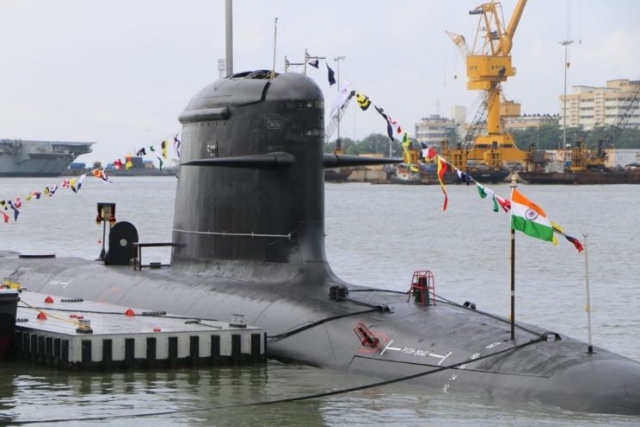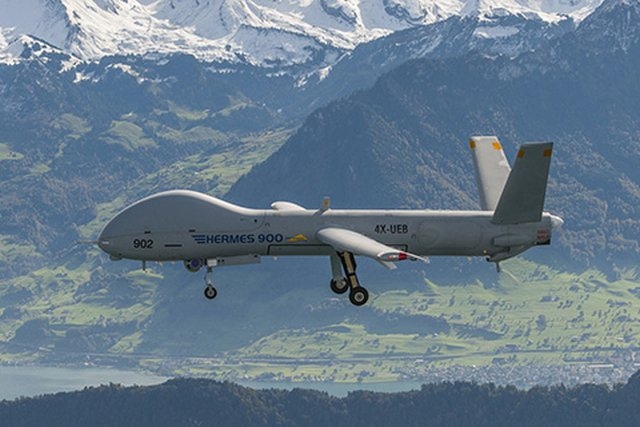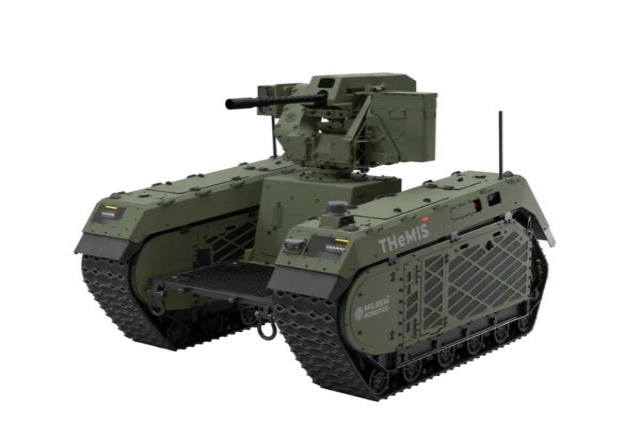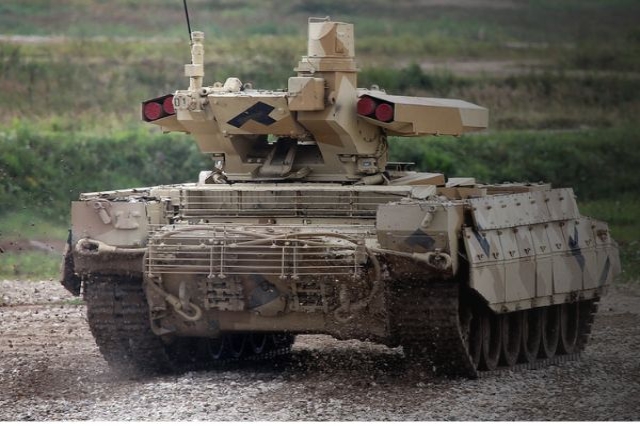Indian Sukhois to get Advanced Avionics, Radars & Weapons
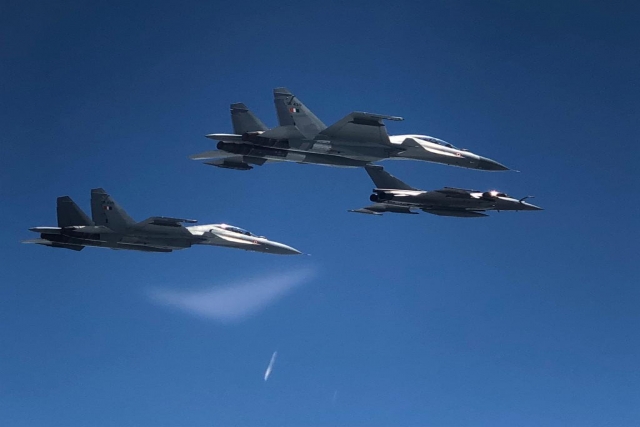
The Indian Air Force's (IAF's) fleet of Sukhoi Su-30MKI fighter jets could soon be upgraded with advanced avionics, radar and weapons with negotiations on the project with Russia currently underway.
"India has plans to upgrade the Sukhoi-30MKI with modern radar and weapons capabilities, and also enhance features that tackle obsolescence management and electronic warfare aspects," IAF Chief Air Chief Marshal Rakesh Kumar Bhadauria was quoted as saying by Sputnik.
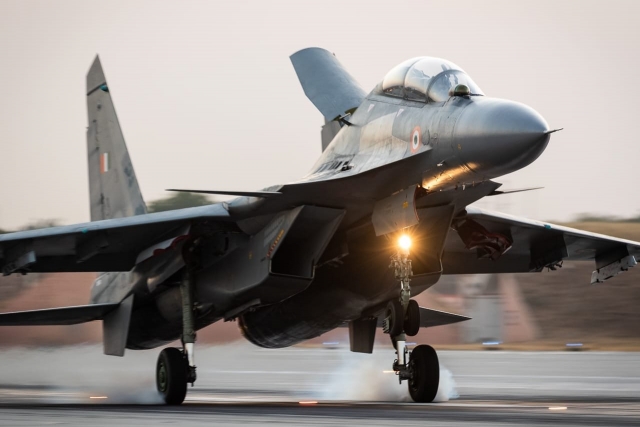
"The jets will be upgraded in near future to enhance their operational capabilities," Bhadauria said, reports TOI.
A source told TOI that the Sukhoi upgrade project will include new computer systems for greater weapon control and integration of new missiles and PGMs (precision-guided munitions).
"The upgraded radar would likely be the NIIP N035 Irbis E (Snow Leopard), a 20 KW class steerable hybrid ESA radar fitted on the Su-35," an air force veteran and a senior defense analyst told Sputnik.
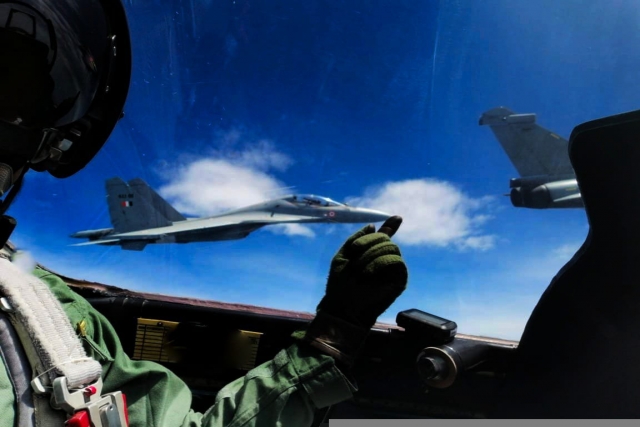
Designed by the Tikhomirov Scientific Research Institute (NIIP) in Moscow's Zhukovsky city, the Irbis-E is a direct evolution of the BARS all-weather multimode airborne radars. The radar is cited at an average power rating of 5 kilowatts, with 2 kilowatts CW rating for illumination. The NIIP claim twice the bandwidth and improved frequency agility over the BARS, and better electronic counter-countermeasures capability.
Additionally, the IAF is finalising procurement of 12 Su-30s and 21 MiG-29s (MiG jets costing INR 230 Crore or US$32.4 million apiece) in order to replace fighters lost in crashes. The new Sukhois will be built by Hindustan Aeronautical Limited (HAL).
The IAF has so far inducted over 250 of the 272 Sukhois originally contracted in batches from Russia for well over $12 billion, with the bulk of them being licensed-produced by HAL.
Forty-two of the twin-seat Sukhois, which have a cruising of 3,200 km or a combat radius of about 1,500 km without mid-air refuelling, are also to be armed with the supersonic BrahMos cruise missiles to constitute a deadly package of precision-strike capability from long or "stand-off distances."
